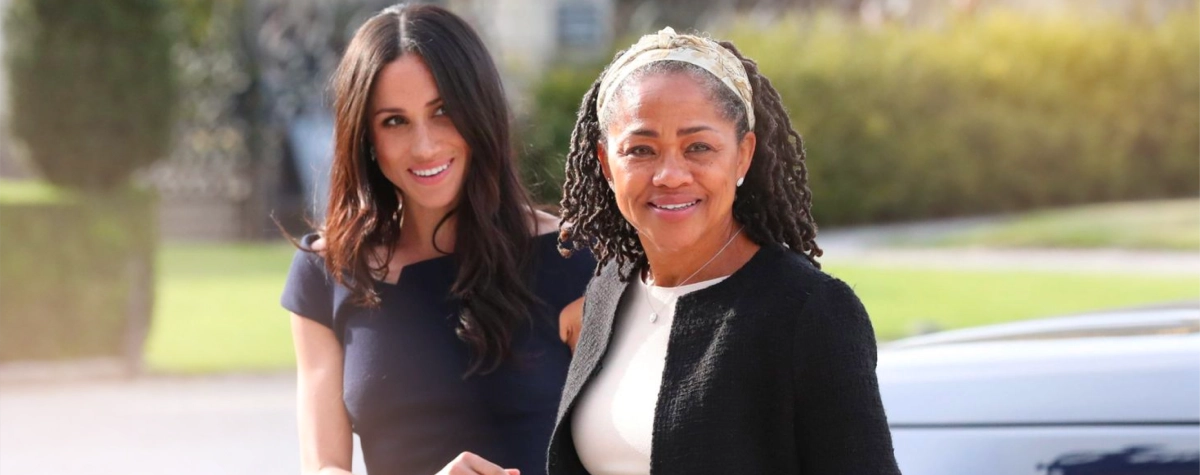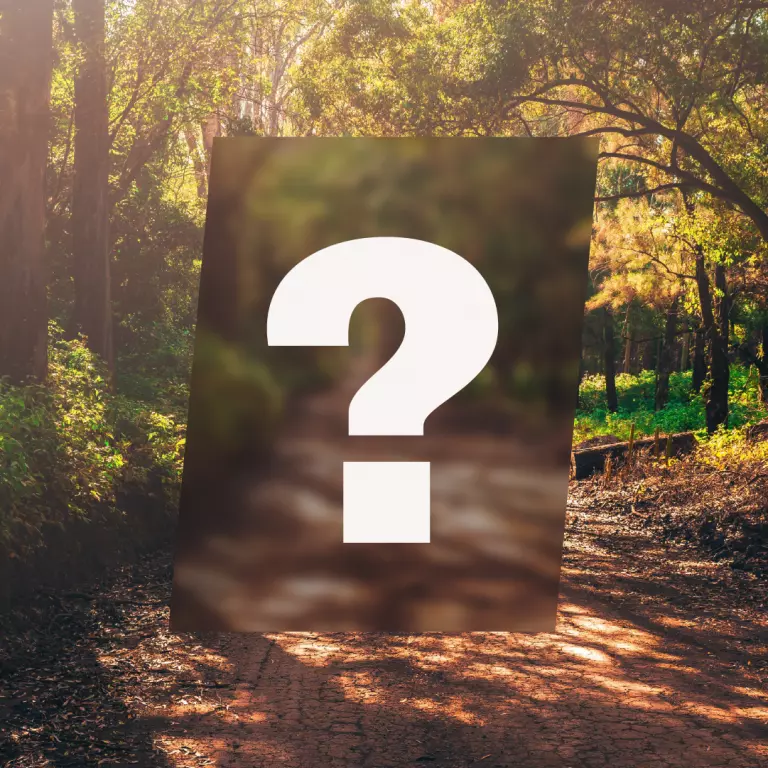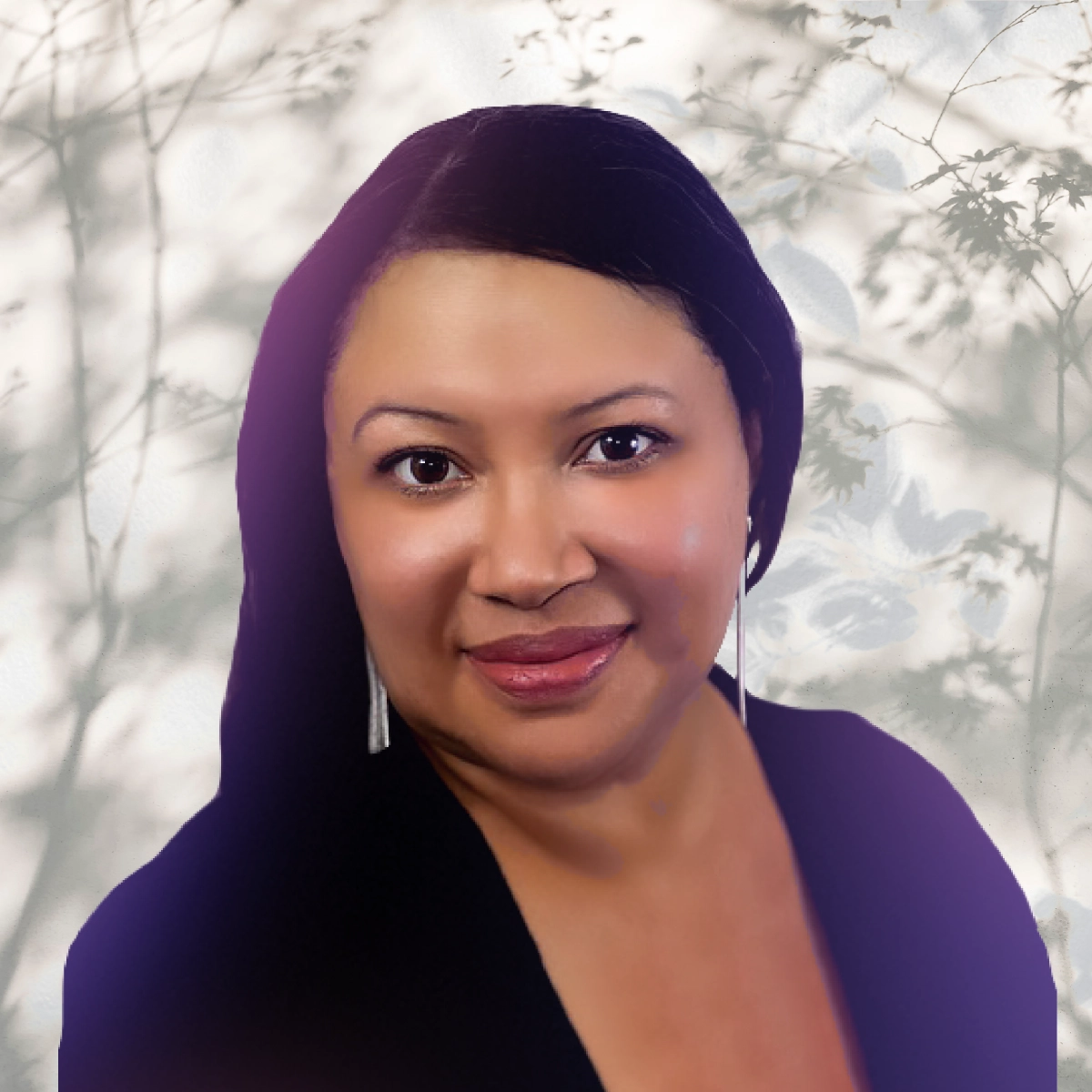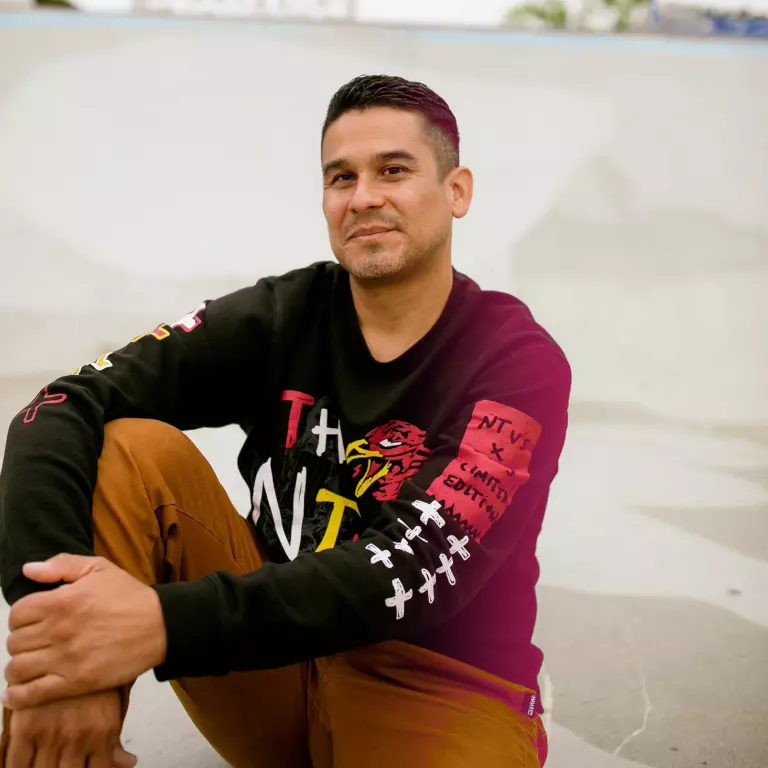Meghan Markle, the Duchess of Sussex, has made headlines worldwide for her high-profile marriage to Prince Harry and her advocacy for equality. The recent Netflix docuseries Harry & Meghan: Escaping the Palace shines a light on the unique challenges and experiences that Markle has faced as a mixed-race woman inside the institution of the Royal Family.
The docuseries’ most obvious takeaway is what happens when diversity is brought into an Anglican institution, as it quite blatantly exacerbates racism around mixed identity and its place in today’s globalized world. We see how the palace was not prepared to deal with or defend the scrutiny of Markle’s Blackness, reflected in their lack of action in deeming it deplorable to the public.
As we witness the tabloid-driven judgments from the public and the UK press, we see a perseverance in Markle shine through as she continues to use her platform to call out the Royal Family’s racism. Yet, while she also uses her platform to promote inclusivity and representation of marginalized individuals, it is challenging to grasp how relatable her experience truly is to the vast majority of mixed individuals.
In the fight against white supremacy and patriarchal structures, Markle’s story is certainly a powerful reminder to hold space for the complexities of mixed identities. However, the show struggles to hit the mark for many, landing on a self-congratulatory note rather than the transformative note it aims to be.
While many of its lessons can spark conversation, here are four moments from Harry & Meghan that hit home for The Mixed Space.
The Imbalance of Navigating Mixed Identity
One of the most powerful takeaways from Harry & Meghan is the way in which Markle has to navigate the complexities of her racial identity. Born to a white father and an African American mother, Markle admitted that much of her identity was crafted by wondering where she fits in. Her mother, Doria Ragland, would even tell stories of people not believing she was Markle’s mother. Some even would suggest that Ragland was Markle’s nanny.
This experience growing up seemed to perplex Markle as she states that she did not see the world in terms of Black or white like others seemed to have. These challenges extended into adulthood and before her famous role in the TV show Suits. Meghan struggled to find acting jobs that fit her unique background. Her former manager even thought she was just a “sun-kissed” California girl and was surprised to find out she was mixed.
It is apparent that Markle did not suffer under racial scrutiny to the same extent she did until her involvement with the Royal Family. “Obviously, now people are very aware of my race because they made it such an issue when I went to the UK,” Markle says in the docuseries, “but before that, most people didn’t treat me like a Black woman.” This remark reveals a certain naivety of what exists outside her upper-middle-class California life.
Markle discusses in the docuseries the racist treatment she received from the British media, which included blatant slurs, and how her mixed heritage made her a target of racism within the Royal Family. When discussing the “institutional gaslighting” brought on by the family, Meghan says, “I wasn’t being thrown to the wolves; I was being fed to the wolves,” bringing navigation of her mixedness to full-on survival mode. Seeing such public scrutiny, Markle’s California middle-class upbringing may not have properly prepared her for the racism and scrutiny she faced in the UK.
Markle’s mixed heritage journey highlights the variety of challenges mixed identities can suddenly face in the public eye. This experience highlights the ongoing issue of prejudice and lack of safety that mixed individuals and people of color still face. While not all mixed individuals face the same level of attention as Meghan, they also don’t have the same resources or privileges to protect themselves from mistreatment. Markle’s experience of racism in the UK is an everyday reality for many Black women globally. The reality is that many mixed individuals in the public realm can encounter racial prejudice at any given moment that can shake their sense of identity and belonging.
Not Feeling “Enough” of What Makes Her Whole
A heartwarming moment in Harry & Meghan shows how we can always count on our community for support and uplift. In this instance, it came from the Queen—Queen B, Beyoncé. Markle receives a text from Beyoncé, expressing solidarity with her. “She said she wants me to feel safe and protected,” the duchess said. “She admires and respects my bravery and vulnerability and thinks I was selected to break generational curses that need to be healed.”
While not all of us can get an affirmation text from Beyoncé, Markle did hit the mark when saying, “So much of my self-identification was figuring out where I fit in. A lot of that is ‘you’re not white enough, or you’re not Black enough.'” She shares the most common experience of continuously shifting to figure out language to describe herself.
Harry & Meghan’s decision to step back from their royal duties highlights the importance of having agency over their own identities. Too often, mixed people are forced to choose one identity over the other or are told that they’re “not enough” of one race to claim it as their own.

Doria Ragland’s Regret in Not Preparing Her Daughter for Racial Prejudice
Markle’s mother, Doria Ragland, shared her regret for not preparing her daughter for racial prejudices. “As a parent,” she stated in the docuseries, “ in hindsight, I would absolutely like to go back and have that very real conversation about how the world sees you.” Like any loving mother, Ragland spoke of this shield from reality as a form of protection and denial from her own experience with prejudice.
Ragland’s denial can be metaphoric for our own. It is easy to assume that in a modern society where inclusivity is the best move forward–especially through a highly publicized lens–Markle would have been welcomed with the same warmth and safety as Kate Middleton. While the experience of racism is still very real to many people of color, witnessing Markle’s experience came as an unsettling reality check.
Reversing the Cycle of Racism to Protect Their Children
Before their two children, Archie and Lilibet, were born, Markle was told by members of the Royal Family that her unborn child would not receive security or be given the title of prince/princess because he or she would not have a “normal” skin color. On top of the scrutiny Markle already faced, this antiquated and racist notion initiated the couple’s decision to leave to protect their kids from the continued scrutiny.
Their exodus back to California symbolizes the amount of work still needed for actual change in society and within the Royal Family. Since their arrival back to the U.S., Markle has used her platform in doing the work to raise awareness around issues affecting mixed individuals and marginalized communities.
As we see Markle in her many public speaking appearances, even kicking off her podcast, Archetypes, we see the conversations on racism happening. Yet, reform remains stagnant. While her platform is wide thanks to her celebrity, many other efforts for reform continue to go unrecognized by academics and other digital creators from lesser-known corners of the internet.
For those who are no strangers to racism, in a way, Harry & Meghan revisit trauma and is a lost opportunity to uplift unheard voices who’ve spoken out for decades.
So where does this leave us? While it’s been less than a year since Netflix aired Harry & Meghan, and their newfound life in the U.S. is still off to a fresh start, time will only tell if the Royal Family decides to change their traditions. Markle’s platform still has time to widen and hold space for voices waiting their turn to be heard.
Markle’s mixed journey can provide a reality–albeit not as relatable–that can widen the conversation on how the perception of race impacts the daily lives of all mixed & BIPOC individuals in unequal ways. Her willingness to speak out has helped raise awareness of the need for more inclusivity and empathy. As a global community, we can continue to uphold one another’s voices by speaking out and sharing our own stories on all our platforms. Who knows, it could warrant a text from Beyoncé.





